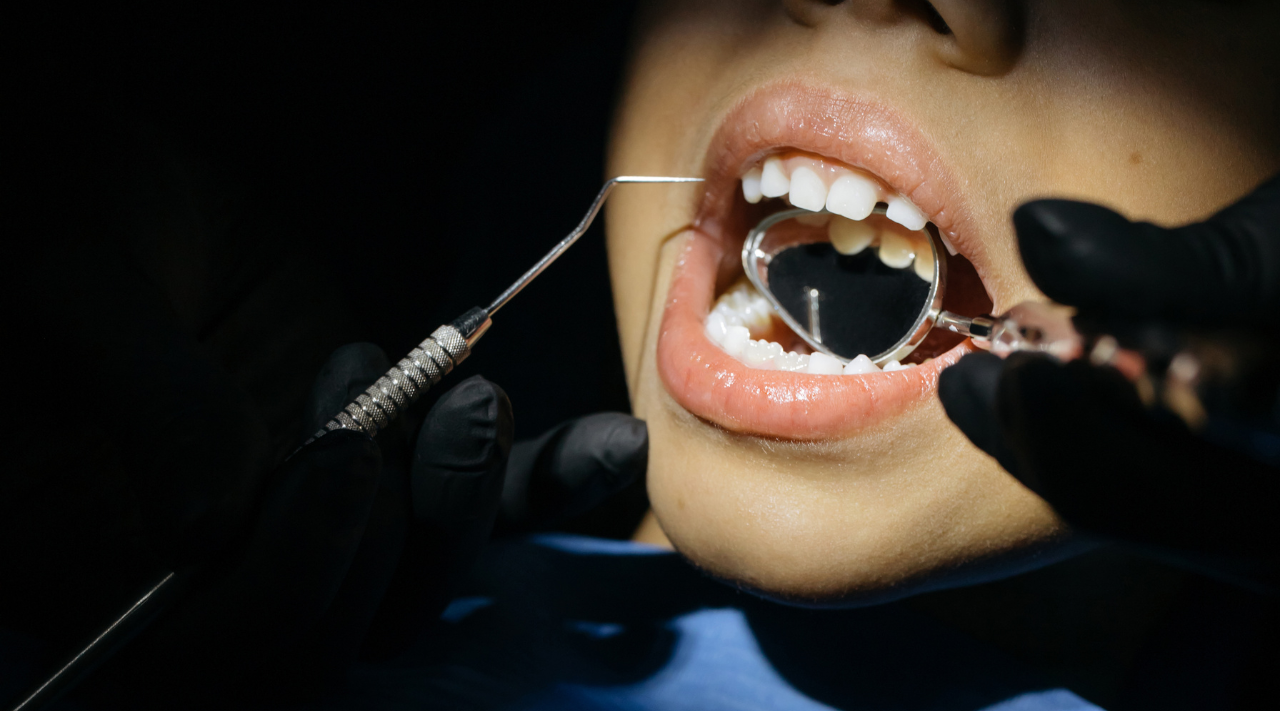Drugs are a rising health issue. The average age of drug abuse is going down while tolerance levels are going up. So far several effects of drugs on multiple organs have been detected. Their mental and physical effects vary from person to person which can range anywhere from AIDS to lack of mental stability.
One of the direct consequences addicts face will be oral health issues – a largely ignored area until advanced stages. Oral degradation of substance abusers can occur not just from the ill-effect of the drug but from the general dampening of lifestyle quality and cleanliness. Accelerated amount of cravings and dropping oral hygiene can compound the effect.
Burning mouth and eating difficulties
One of the initial effects of substance abuse in oral health is an irritating sensation in the mouth. This further leads to food becoming unpalatable. This is when the cells in the buccal cavity are trying to get acquainted with heavy chemicals. High dryness in the mouth can lead to conditions like xerostomia. Usage of cocaine can cause burns in and around the mouth. Chewing difficulties will be compounded by swelling of gums. Ingestion of food can be obstructed by burning and cracked lips as in the case of cannabis.
Wearing of teeth
Especially in ecstasy users, clenching and grinding of teeth can lead to erosion of enamel. This can progress to breakage and falling apart of teeth. Initial loss of enamel can increase the sensitivity of teeth Erosion occurs more on the occluded surface than on the front side. During consumption of cocaine, the level of pH in the mouth lowers, accelerating erosion. People tend to drink more sugary drinks and carbonated drinks to cope with dehydration; which can be easily subject to tooth erosion. These drinks can also cause dental caries and gum damage. Rotten teeth will eventually fall apart and the roots will be deeply infected.
Nasal and Palate Perforation
Since respiratory tract and oral health are invariably connected they can have carry-over effects on each other. The snorting of cocaine can lead to nasal septum perforation and lesions on the palate. These conditions occur in severe cases with prolonged use. Increased smoking, of cannabis or tobacco, can have similar effects.
HIV transmission
The oral cavity is generally not considered the main route for HIV transmission. Sores and burns produced due to smoking cannabis and cocaine make someone more susceptible to oral transmission of HIV. Sharing of smoke and biting the opening of packages by an affected person makes the entire group more vulnerable in case of degraded oral health. Cracked lips, sores in the mouth, or cracks in the inner walls of the dental cavity can act as a passageway for HIV.

